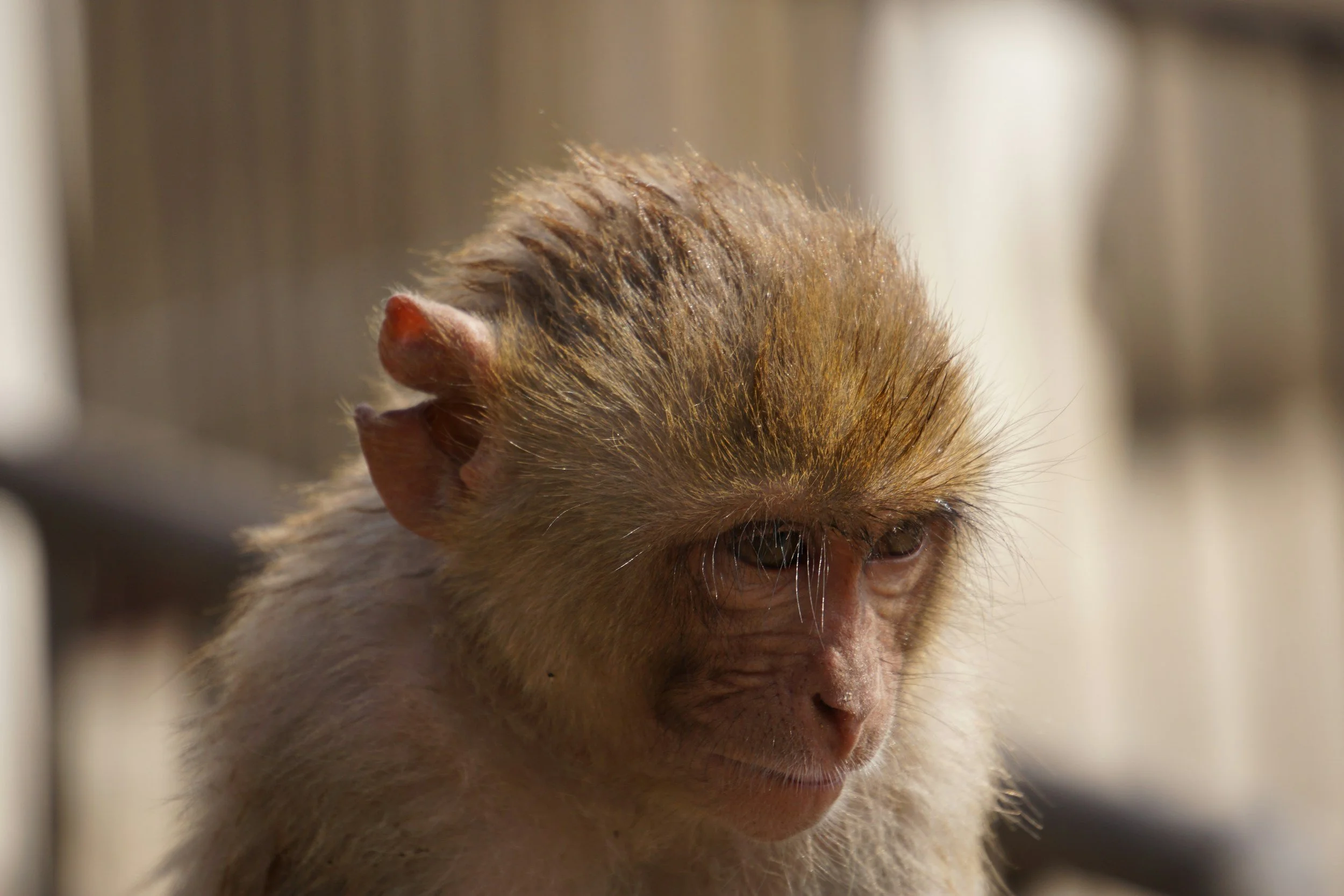Experts Dismayed as World's First Octopus Farm Nears Completion
Spanish firm Nueva Pescanova Group prepares to open a farm capable of producing 3,000 tonnes of octopus per year in 2023.
With around 771.6 million pounds of octopus caught from the seas each year, global stocks of octopus are in serious decline - and demand only continues to grow, particularly in the U.S. In response, the seafood industry has spent decades researching how to breed and raise the aquatic animals in intensive conditions - an action deemed incredibly difficult because the larvae only eat live food and need a carefully controlled environment.
Now, as the world’s first octopus farm, capable of producing 3,000 tonnes of octopus per year, prepares to open for business in 2023, scientists, conservationists, and animal advocates are voicing their alarm and opposition.
Spanish firm Nueva Pescanova Group has reportedly invested over €50 million (approximately $57 million) in the new plant located close to the Port of Las Palmas in the Canary Islands.
However, the multinational company is keeping a tight lid on what the conditions of the farm will be like, including the size of the tanks, the food the octopus will eat, and how they will be slaughtered.
Scientists and conservationists are fiercely opposing the company’s plans, arguing that the octopus, as evidenced by hundreds of scientific studies, are sentient beings that feel pain and emotions.
The campaign group Compassion in World Farming (CIWF) has criticized the Nueva Pescanova project as “ethically and ecologically unjustified”, and is urging the governments of several countries - including Spain - to prevent any further development of “ this cruel and environmentally damaging practice.”
“These animals are amazing animals. They are solitary and very smart. So to put them in barren tanks with no cognitive stimulation, it’s wrong for them,” said Dr. Elena Lara, research manager at CIWF.
Lara added, “The problem with octopus is that they are completely wild, so we don’t know exactly what they need, or how we can provide a better life for them.”
A recent study that reviewed hundreds of scientific papers on pain reception among the invertebrate groups concluded that octopuses were “sentient beings” and there was “strong scientific evidence” that they can experience complex emotions including pain and joy. Authors of the study also wrote they were “convinced that high-welfare octopus farming was impossible”.
In light of the report’s groundbreaking findings, amendments were made to the UK’s Animal Welfare (Sentience) Bill to recognize octopuses and other aquatic animals.
Nueva Pescanova has claimed that their business will reduce pressure on wild octopus fishing, but experts have denounced this, arguing that there is no guarantee fishermen will stop hunting octopus.
In addition, scientists have also voiced serious concerns about providing enough fish to feed farmed octopuses, with depleting stocks already in danger.
“Octopus farming would increase, not alleviate, pressure on wild aquatic animals,” wrote Jennifer Jacquet, professor of environmental studies at New York University and lead author of a report into octopus trade by the Food and Agriculture Organization of the United Nations. “Given the depleted state of global fisheries and the challenges of providing adequate nutrition to a growing human population, increased farming of carnivorous species such as octopus will act counter to the goal of improving global food security.”
Trillions of aquatic animals are slaughtered for consumption around the world every year, and this is wreaking havoc on the oceans and causing immeasurable animal suffering. Thankfully, there’s an ethical solution: vegan seafood. When it comes to protecting aquatic animals, this is a game-changer, and everyone from the world's largest food giants to tech-savvy startups are jumping on board to help develop plant-based replacements for fish and crustaceans. Here are some of our favorite brands that you have to try.
Want to learn more about these fascinating, sentient beings? We recommend checking out the award-winning documentary, My Octopus Teacher, on Netflix
More stories:
Species Unite
A collection of stories of those who fight the good fight on behalf of animals.





As plant-based diets gain scientific backing, critics say the meat industry is deploying coordinated tactics to shape public opinion.